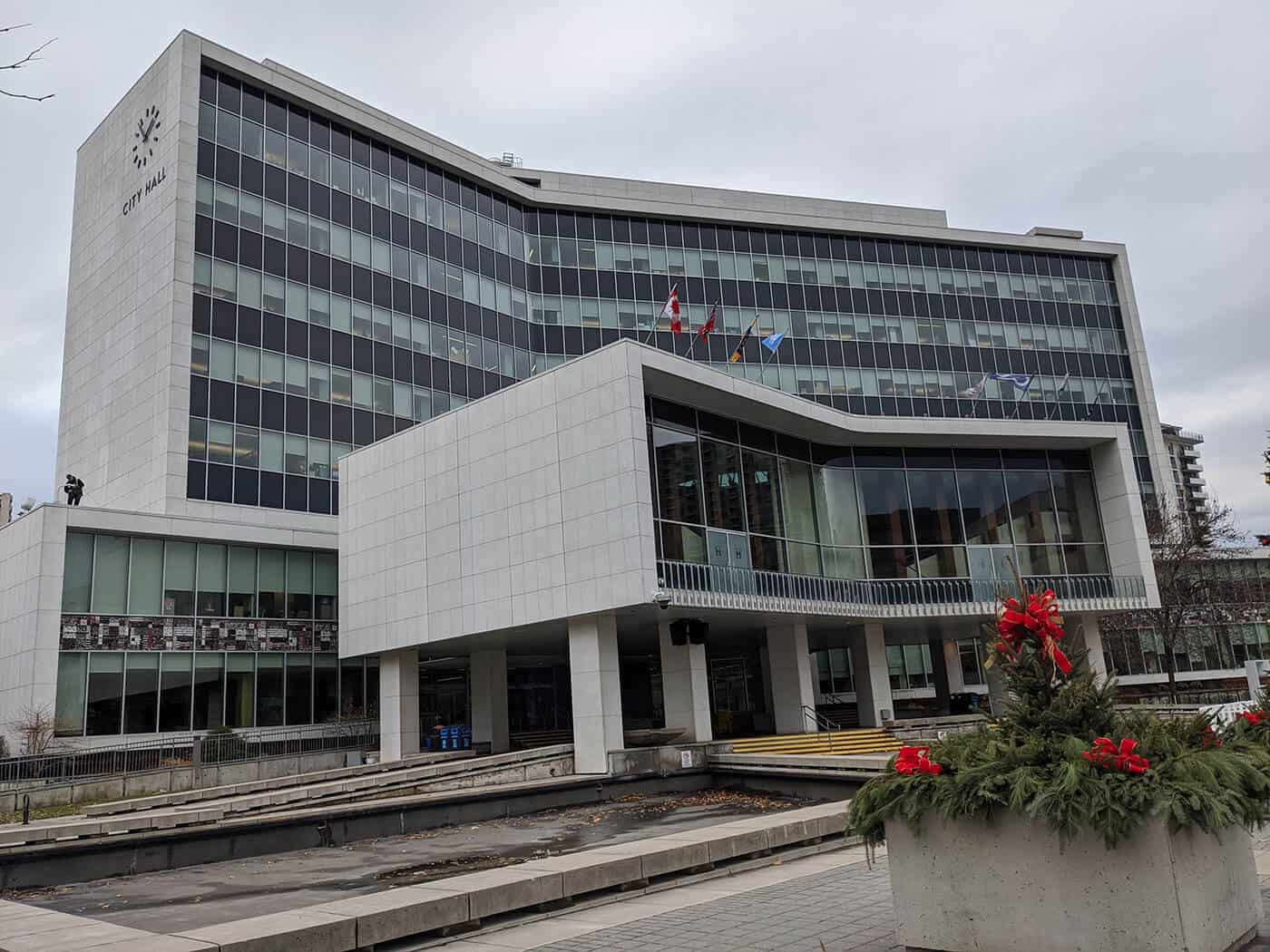Hamilton’s projected $22.9 M deficit could grow as pandemic measures remain in place
Published April 15, 2020 at 3:39 pm

A report in front of Hamilton’s City Council Wednesday (April 15) says that the City’s response to COVID-19 will put municipal coffers into deficit to the tune of nearly $23 million.
A report in front of Hamilton’s City Council Wednesday (April 15) says that the City’s response to COVID-19 will put municipal coffers into deficit to the tune of nearly $23 million.
The report, filed by Mike Zegarac, the General Manager of Finance and Corporate Services Department, says that the “anticipated net financial impact of the City’s response to the COVID-19 pandemic on the 2020 Operating Budget is a $22.9 M deficit.”
The report assumes that the current closures and measures in place to help prevent the spread of the virus will be in place until the end of May.
Zegarac told councillors at Wednesday’s meeting that given the current situation, it could present some significant ‘challenges’ for the City’s operating budget in 2021.
“Given how early in the year this report is being prepared and the evolving situation with COVID-19, staff has had to make a significant number of assumptions regarding additional costs or lost revenues in producing this report,” it said.
In light of these financial impacts, which will only mount as pandemic measures remain in place beyond May, the report recommends that Hamilton work along other municipalities to seek financial support from more senior levels of government, in addition to funding supports that have been announced throughout the pandemic.
Councillor Chad Collins was the first to ask staff to start looking into how the city can offset the financial impacts.
Staff was eventually directed to look into the possibility of delaying some capital projects to relieve some of the pressure.
The report provides some insight into how they arrived at the $22.9 million figure.
In terms of lost revenues, the report estimates the city is losing approximately $7.3 million in transit fare revenues due to COVID-19 related health and safety measures.
An additional $3.3 million loss due to the closure of rec centres, rec programming, arenas, golf courses and other municipal facilities.
With the closure of courts, lost revenues related to the Provincial Offences Act are estimated at $2.6 million.
Parking revenues lost are estimated at approximately $1.6 million and lost revenues from slots at around $1 million.
“Other foregone and deferred revenues include an estimated $570 K in tax penalties and interest that has been waived to assist taxpayers facing financial hardship, $950 K in supplementary taxes, $371 K in building permits, $300 K in development applications, $800 K in red light camera fines and $1.4 M in various other user fees and licences,” the report finds.
While the city loses valuable sources of revenue, there are also additional costs associated with battling COVID-19.
This includes approximately $3.8 million to Public Health Services to help with staffing related to the COVID-19 response.
The city is spending millions on emergency responders’ overtime, personal protective equipment (PPE), as well as disinfecting and sanitation of public transit, supporting Housing Services, Ontario Works and facilitating the ability of city staff to work from home.
“As this is an evolving event with many unknowns, it is important to keep in mind that these projections will need to be monitored and adjusted as conditions change,” the report says.
Zegarac cautioned councillors that this is a conservative estimate for what kind of deficit the municipality might see.
There is a chance that some revenue will be recouped when the crisis passes, but staff don’t expect all of it will be.
A question from Councillor Lloyd Ferguson about Hamilton’s financial reserves revealed that the city has a healthy reserve of about $990 million.
Zegarac explained, however, that while reserves come in handy in times of crisis — though the one we find ourselves in at the moment couldn’t be anticipated — much of the reserve funds are restricted in how they can be allocated.
insauga's Editorial Standards and Policies advertising





